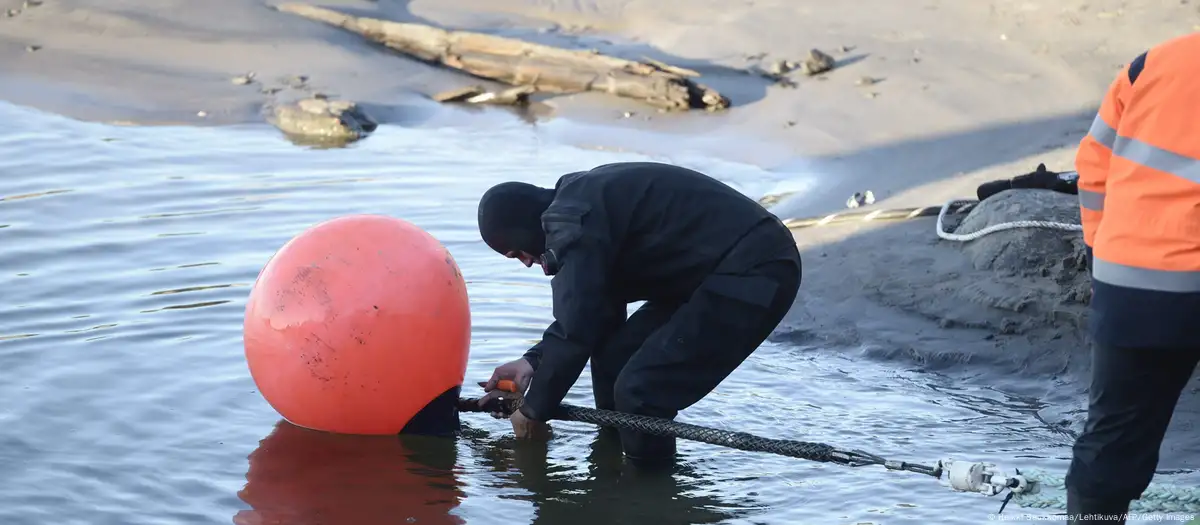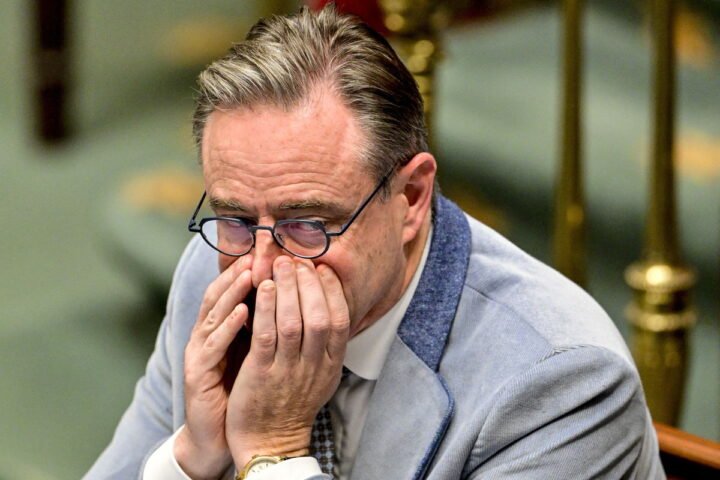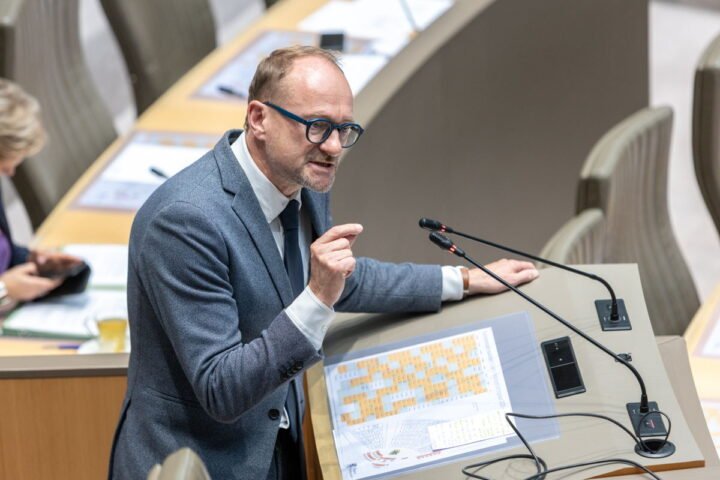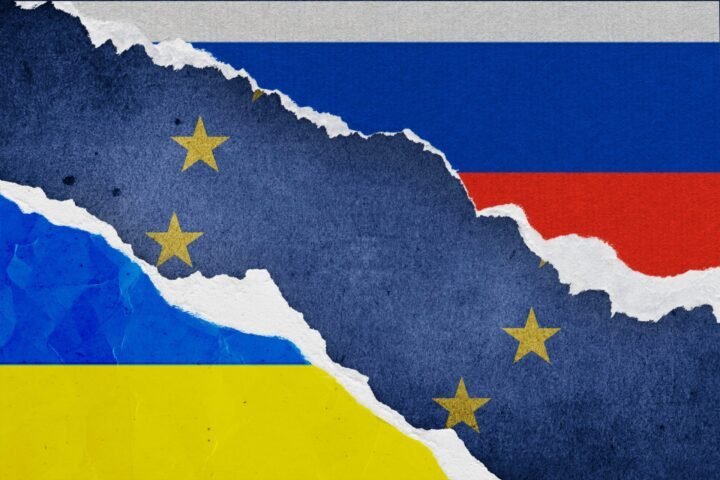Baltic Sea NATO members are meeting in Helsinki after a series of outages and damage to power cables, telecom links and gas pipelines. Germany’s Olaf Scholz said these must be assumed part of a Russian hybrid strategy.
NATO leaders gathering in the Finnish capital Helsinki on Tuesday said European countries must be prepared to face further incidents in the Baltic Sea.
This follows the recent damage or disruption to a string of undersea power cables, telcommunications links, and gas pipelines in the wake of Russia’s 2022 invasion of Ukraine.
Latvian President Edgar Rinkevics acknowledged that with more than 2,000 ships crossing the busy waterway every day, full coverage would be hard to achieve.
“Let’s face it, we can’t ensure 100% protection but if we are sending a bold signal then I think that such incidents are going to decrease or even stop,” he told reporters ahead of Tuesday’s meeting.
Reports from Poland of ship caught loitering near cables
As the leaders convened, Polish public TV reported a fresh incident of a Russian “shadow fleet” ship circling around the Baltic Pipe that delivers gas from Norway to Poland.
Polish state broadcaster TVP World cited an unnamed foreign ministry source when reporting the fresh information.
“Shadow fleet” refers to vessels used by Russia to move oil, arms and grains around in violation of international sanctions imposed on it over the Ukraine war. The vessels are not regulated or insured by conventional Western providers.
Scholz hopes to ‘ensure greater security’ in Baltic Sea
The leaders of Denmark, Estonia, Finland, Germany, Latvia, Lithuania, Poland and Sweden, as well as European Commissioner for technological sovereignty and security, Henna Virkkunen, and NATO Secretary General Mark Rutte attended Tuesday’s talks.
Finnish police last month seized a tanker carrying Russian oil, saying they suspected it had damaged the Estlink 2 power line linking Finland and Estonia, as well as four telecommunications cables, by dragging its anchor along the seabed.
German Chancellor Olaf Scholz said on Tuesday that this and other recent incidents in the Baltic Sea, including off Germany’s northern coast, must be assumed to be part of a hybrid strategy.
“It is important that we come together here now and talk about how we can work together to ensure greater security in the Baltic Sea region,” Scholz said.








